
This is the fifth module of GuildOne’s Blockchain Digest. In the previous module, we looked at some of the different blockchain platforms, including Ethereum, Hyperledger Fabric and Corda.
GuildOne built Energy Block Exchange (EBX) – its blockchain business network for energy – on R3’s Corda blockchain platform. Now, let’s take a closer look at R3 and Corda.
Who is R3?

R3 is an enterprise software firm that builds and maintains the Corda blockchain platform. R3 was founded in 2015 in collaboration with over 75 of the world’s largest financial institutions to apply the vast potential of blockchain technologies (particularly distributed ledgers and smart contracts) to the specific needs and stringent requirements of the global financial sector. It has since expanded to encompass use cases in many industries, such as oil and gas, insurance and so on.
R3 works with a consortium of more than 300 members and partners across a variety of industries, including regulators, software firms, technology companies and the world’s leading financial institutions and insurance firms. Working closely with consortium members and regulatory agencies, R3 initially developed Corda as an open-source permissioned blockchain platform, and has since added Corda Enterprise, a commercial version for enterprise usage.
What is Corda?
Corda is a permissioned blockchain platform that was designed to remove costly friction points—such as delays due to data or contractual interpretations—in traditional financial transactions. The distributed ledger creates a single shared source of truth–or shared facts, in Corda terminology—amongst transacting companies, who can subsequently transact on those shared facts directly using smart contracts.
Corda was developed in response to some of the trust and security issues that public blockchains present. For example, because Corda is a permissioned (or private) network, counterparties know each others’ identity, so counterparty risk is minimized.
Corda was also developed in response to scalability and interoperability issues that significantly limit commercial applications of public blockchains. Corda is built on a point-to-point model, which means that all members of the business network are connected and all can transact directly with one another without the other members knowing. This is crucial for commercial confidentiality concerns.
Consensus/Validation on Corda
Corda’s peer-to-peer architecture means that consensus only involves parties to the transaction, as opposed to the entire network, as is the case with public blockchains. This avoids the high time and computing resources that public blockchain consensus requires, which serves as a serious impediment to scalability. Instead, consensus on Corda is reached by:
a) Ensuring the validity of the transaction; and,
b) Ensuring the uniqueness of the transaction.
Validity is ensured by checking that the transaction meets all the requirements of the transaction, as established in the associated smart contract. That is, does the transaction meet the consensualized terms agreed upon by the parties? Validation is performed by the transacting parties themselves. One party proposes the transaction and, if the proposed transaction is valid, it is accepted by the other party. Because only the involved parties perform validation, data is only shared with those parties.
As explained in module 1 of this series, uniqueness is intended to ensure that the inputs of a transaction (that is, the unit of value that is used to “pay” for the transaction) are only used for one transaction. In other words, an asset of value (such as a coin or a token) is not used for more than one transaction (which would represent a double-spend). On Corda, uniqueness is ensured by a network service known as a notary or a notary cluster. This refers to a node or group of nodes on the business network that act as notaries to ensure that a particular input to a transaction is used only once.
What are CorDapps?
In the previous module, we discussed distributed applications as a key innovation of the Ethereum blockchain platform. Corda is built to support the development and implementation of CorDapps, distributed applications that are built and deployed on Corda. CorDapps perform different functions that in turn allow network members to conduct different types of transactions on the platform and between business networks on Corda.
CorDapps allow members of a Corda business network (which we discuss in the next section) to customize the functions that their nodes perform on the network. For instance, if a node operator wants their node to be able to trade bonds, they may choose to install a bond-trading CorDapp. This gives businesses operating on Corda tremendous flexibility in the types of transactions they want to conduct, as well as scalability in terms of parties they can interact with. It also allows companies to conduct transactions across different Corda business networks, as we’ll discuss in the next section. GuildOne’s EBX is supported by a number of GuildOne-developed CorDapps, integration components and desktop applications.
Corda Network: A Network of Business Networks
Corda is a blockchain platform on which networks of businesses, such as GuildOne’s Energy Block Exchange (EBX), can form to facilitate transactions between members. Corda Network can thus be thought of as a network of business networks operating on the Corda platform.
The advantage of Corda Network is that, because all the business networks that operate on it operate on the same network parameters, standards and protocols, it enables interoperability. That is, it allows for the exchange of data or assets—securely across different business networks—so that mature, multivariate companies can conduct transactions seamlessly across different business networks on the same platform. Interoperability may also allow for the creation of tokens of value that could be fungible across networks.
Why Corda?
As mentioned previously, GuildOne built Energy Block Exchange (EBX), its blockchain business network for energy, on Corda. EBX was developed to facilitate blockchain transactions in the energy (or oil and gas) sector, such as royalties, joint venture disbursements, authorizations for expenditures (AFEs) and others. GuildOne selected Corda for a number of reasons.
- Scalability enabled by peer-to-peer architecture and transactions
- Privacy/confidentiality of transactions
- Interoperability provided by Corda Network and CorDapps
- Flexibility provided by CorDapps
In the next module of GuildOne’s Blockchain Digest…
This module of the GuildOne Blockchain Digest has offered an introductory overview of R3’s Corda. If you’d like to learn more about this enterprise blockchain platform, please visit the R3 website here. In the next module, we’ll offer an overview of EBX, GuildOne’s blockchain business network on Corda for transactions that are specific to the energy sector.
Feedback
Please tell us what you thought about this module and the Blockchain Digest by filling out a short survey here.

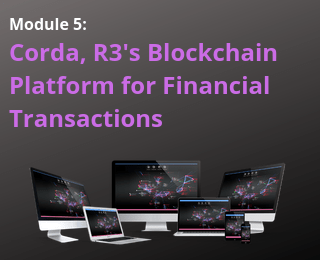
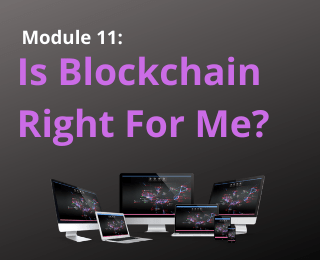

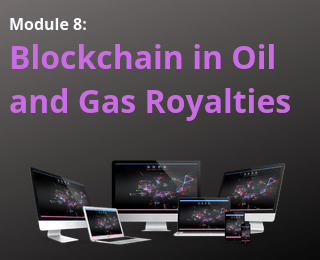
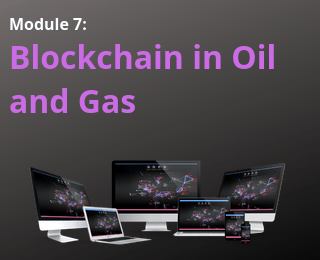








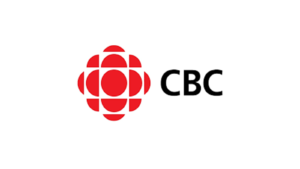

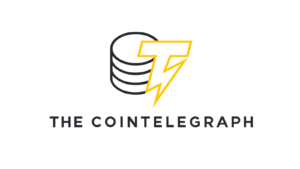

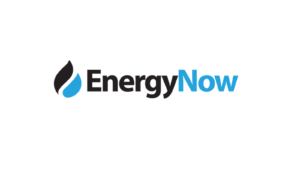
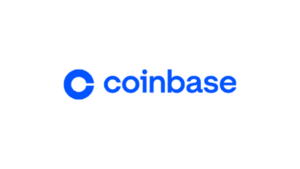

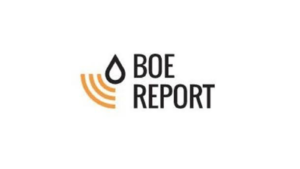
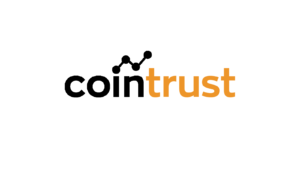
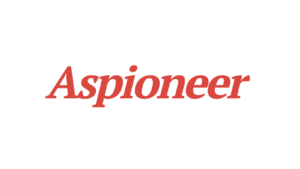

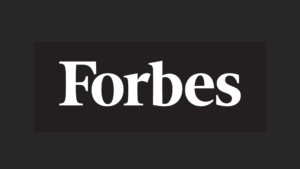


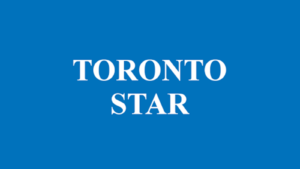
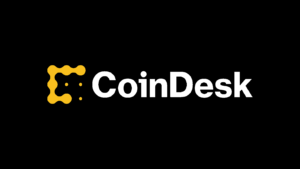
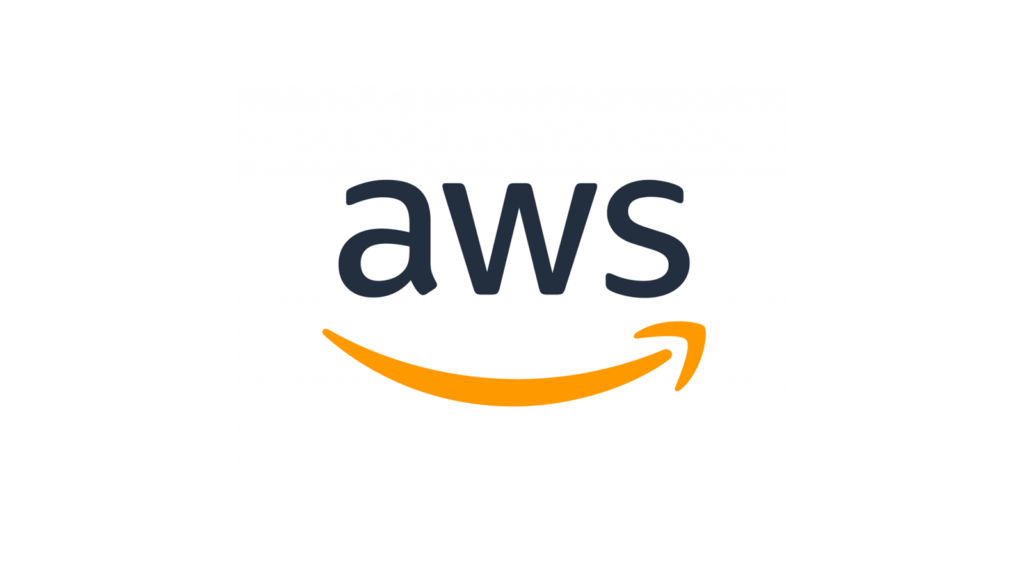
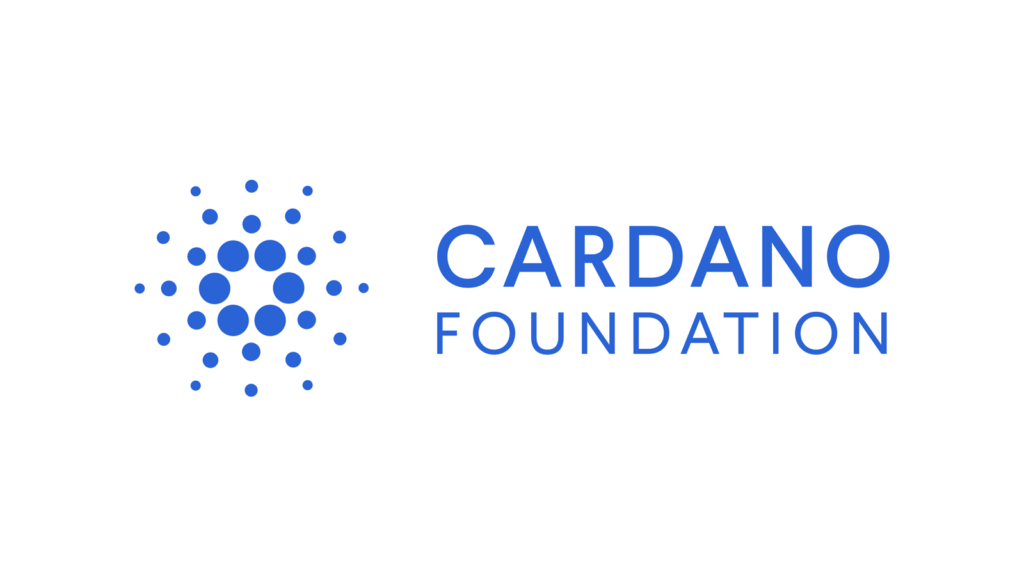
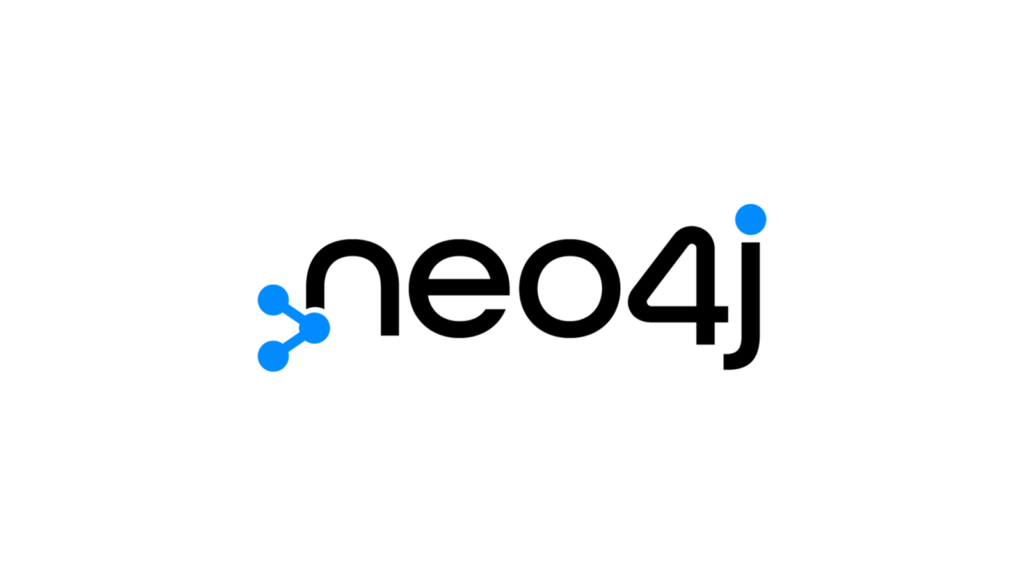
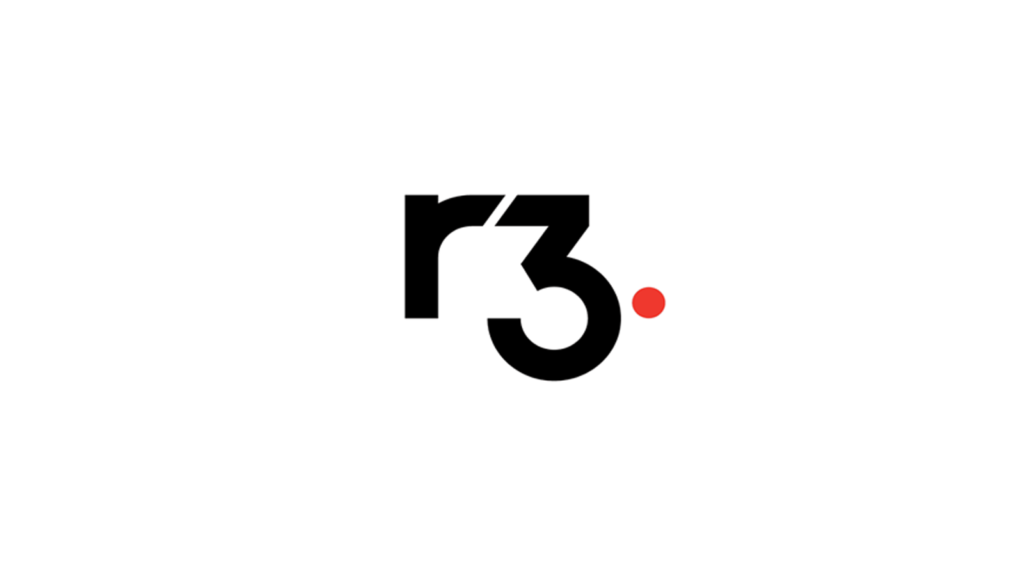
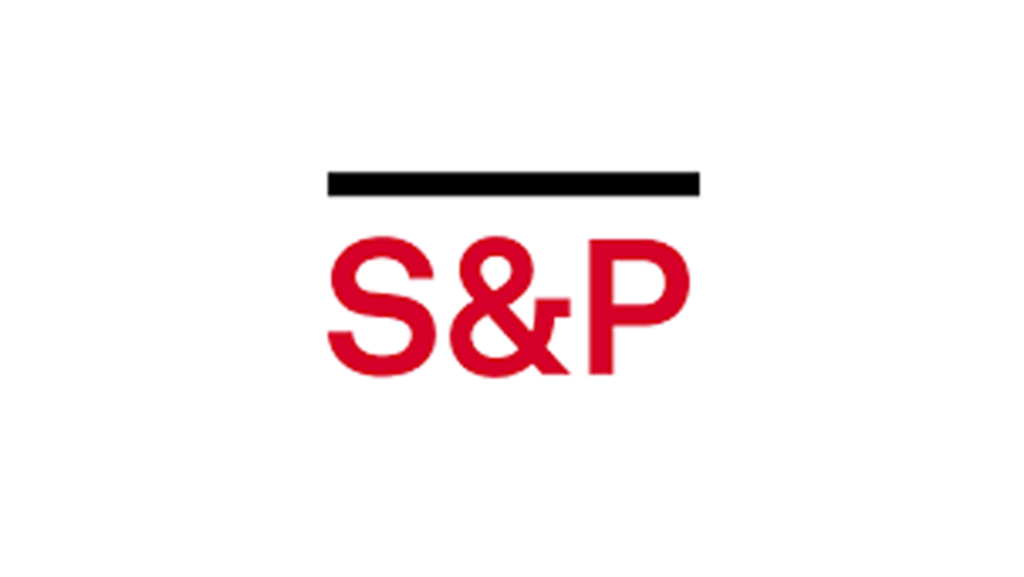
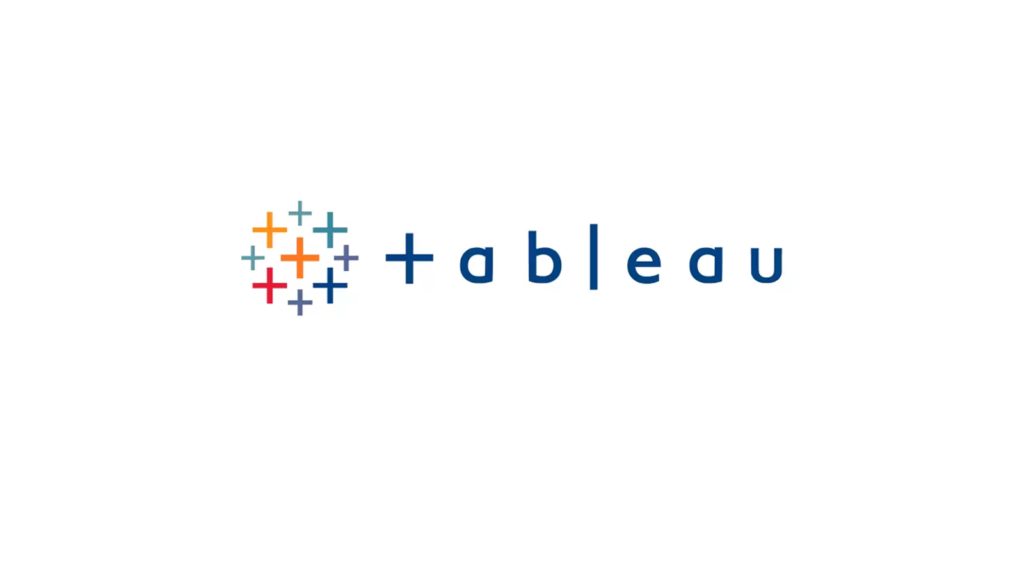
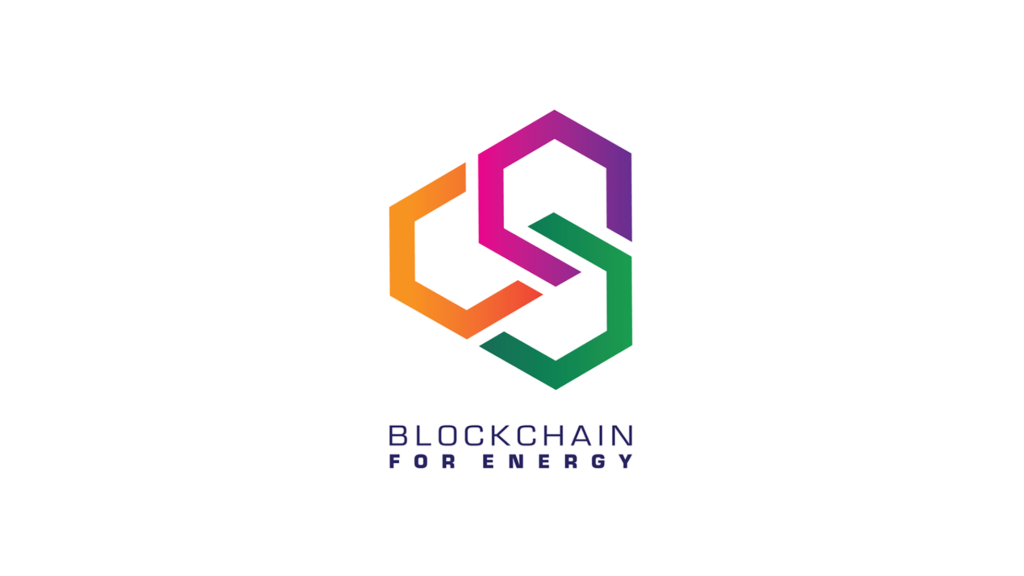
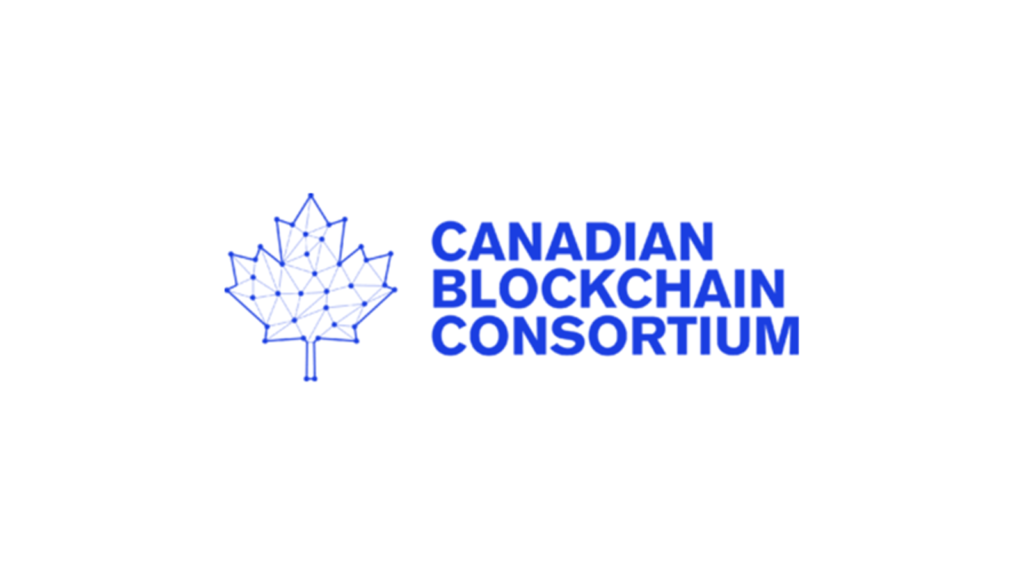
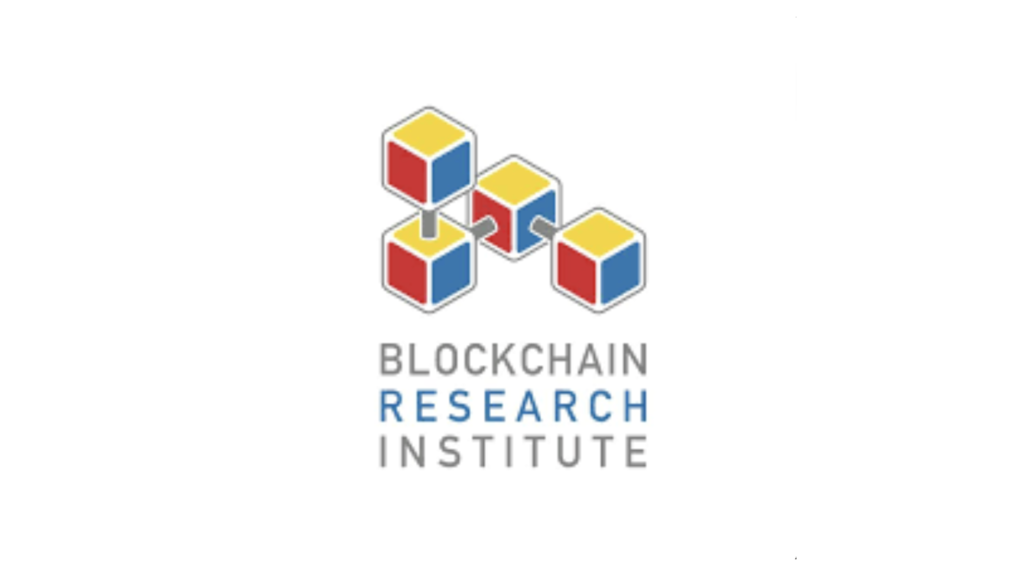
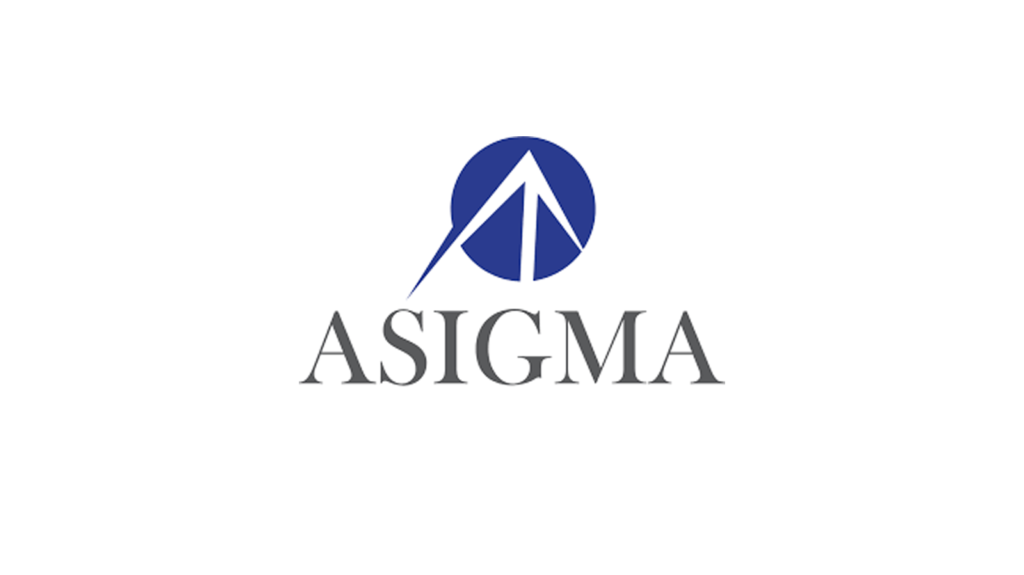

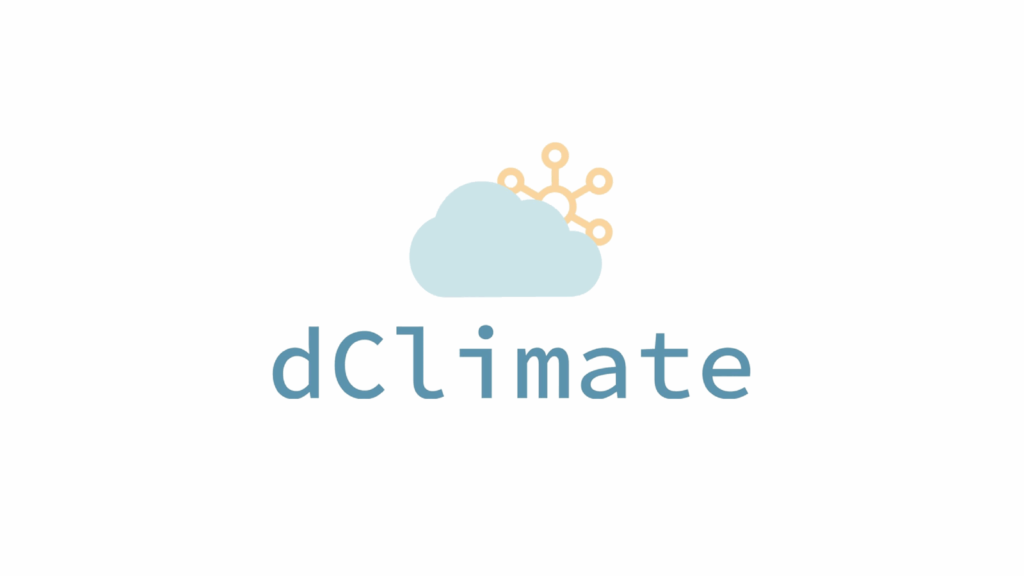
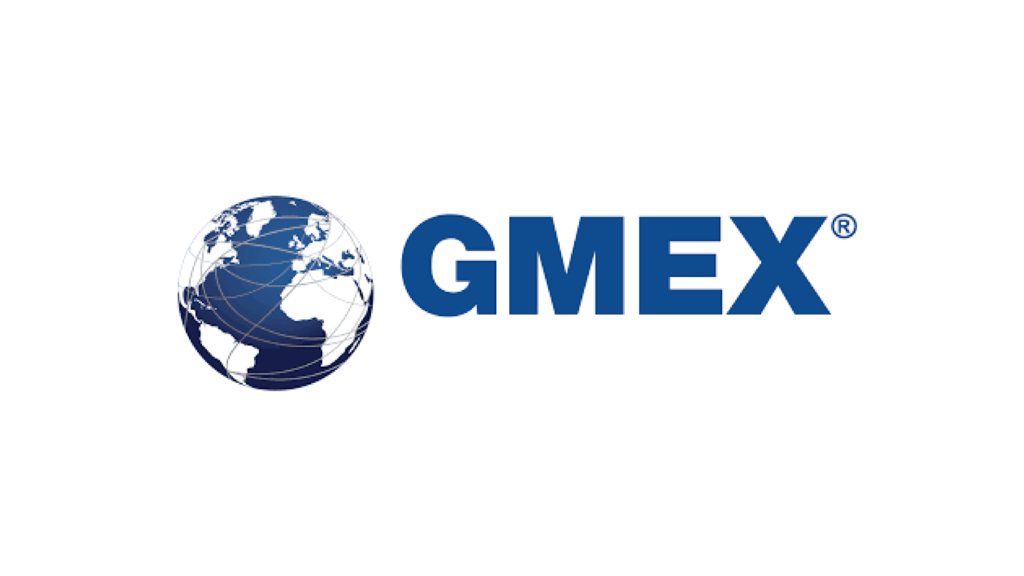
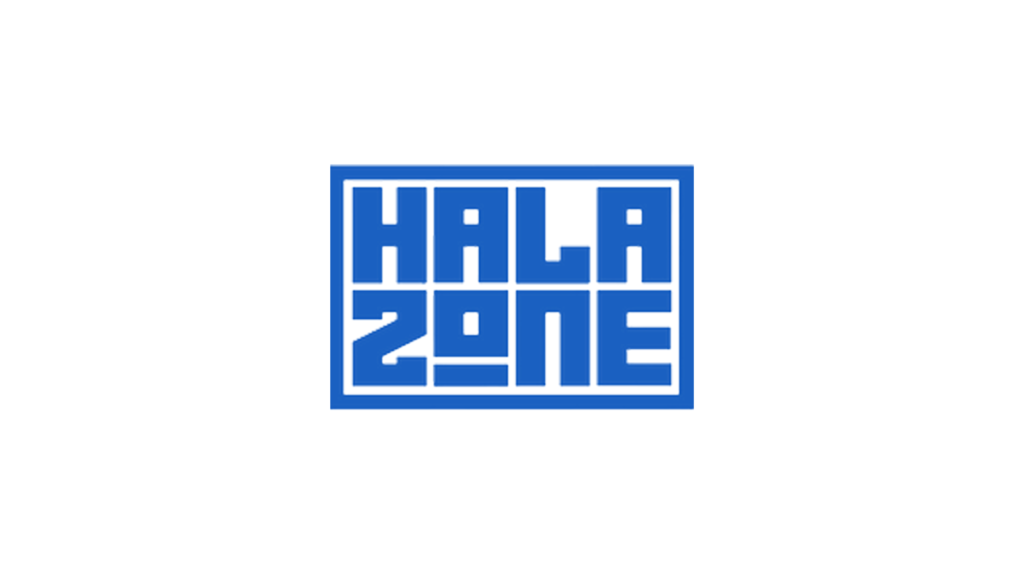
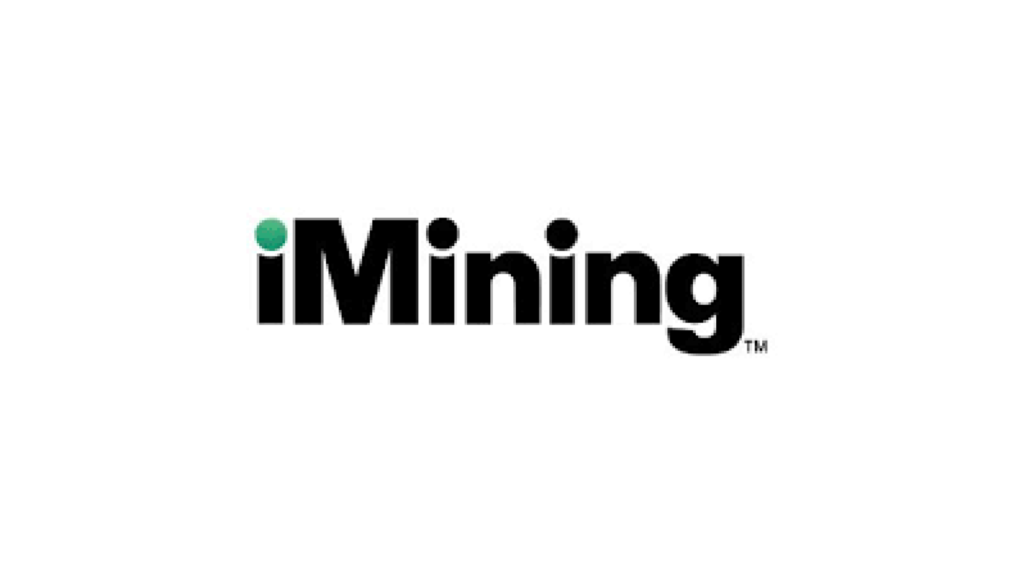
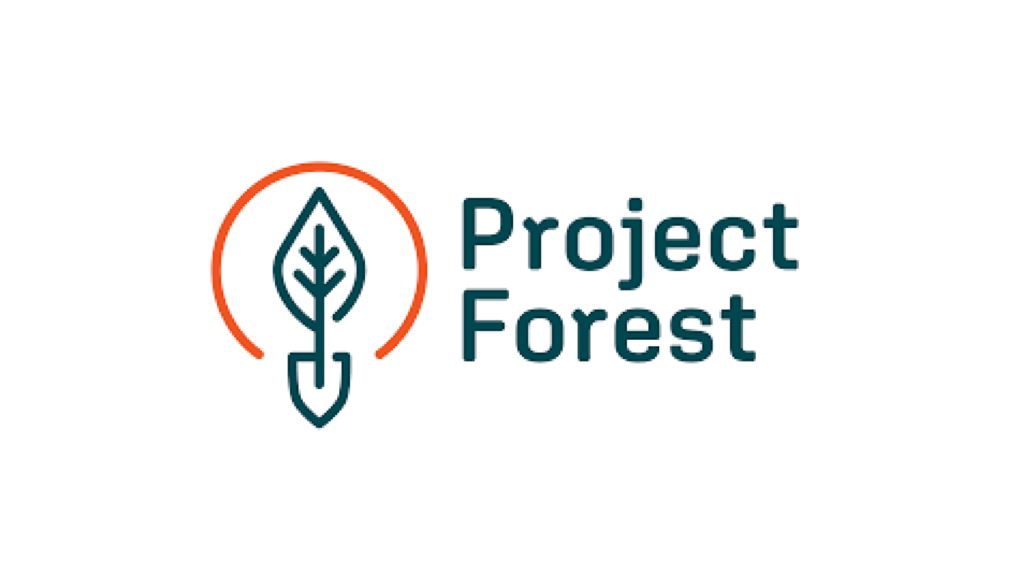
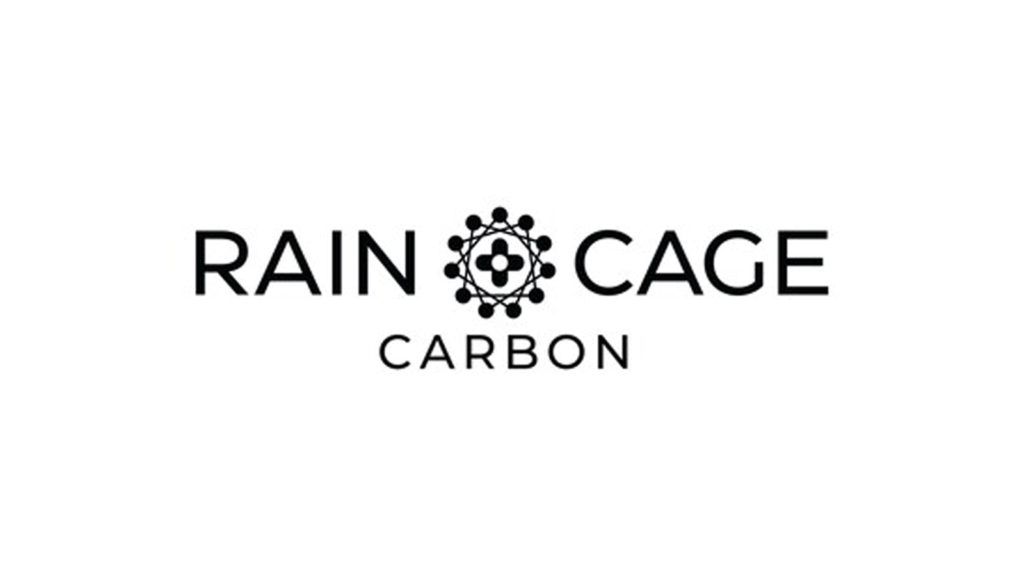
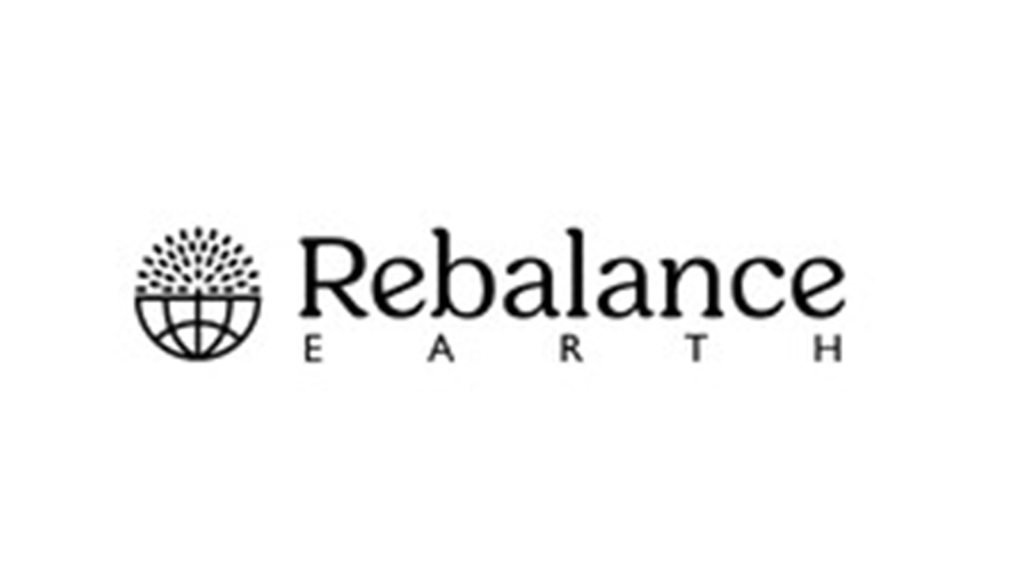
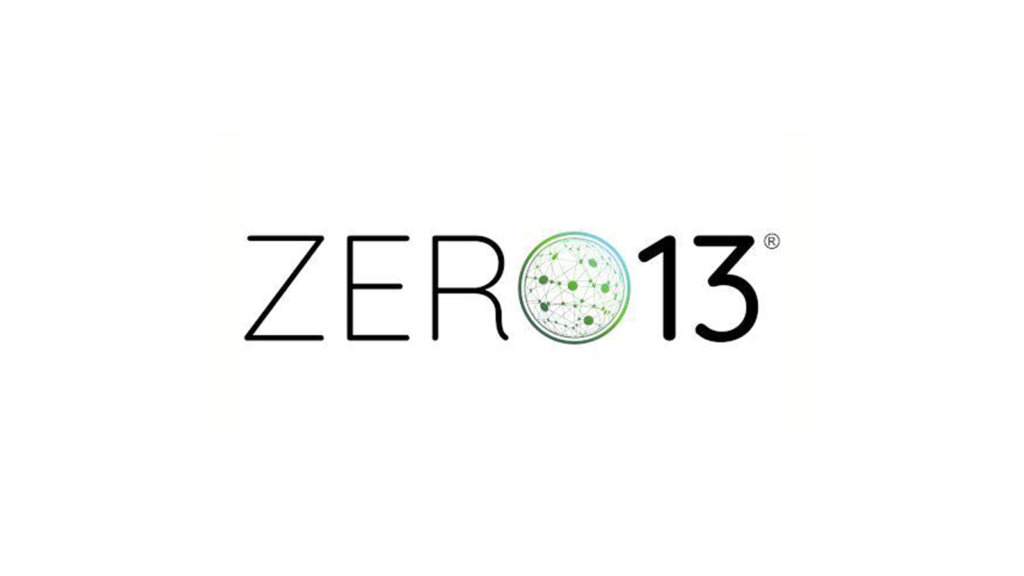
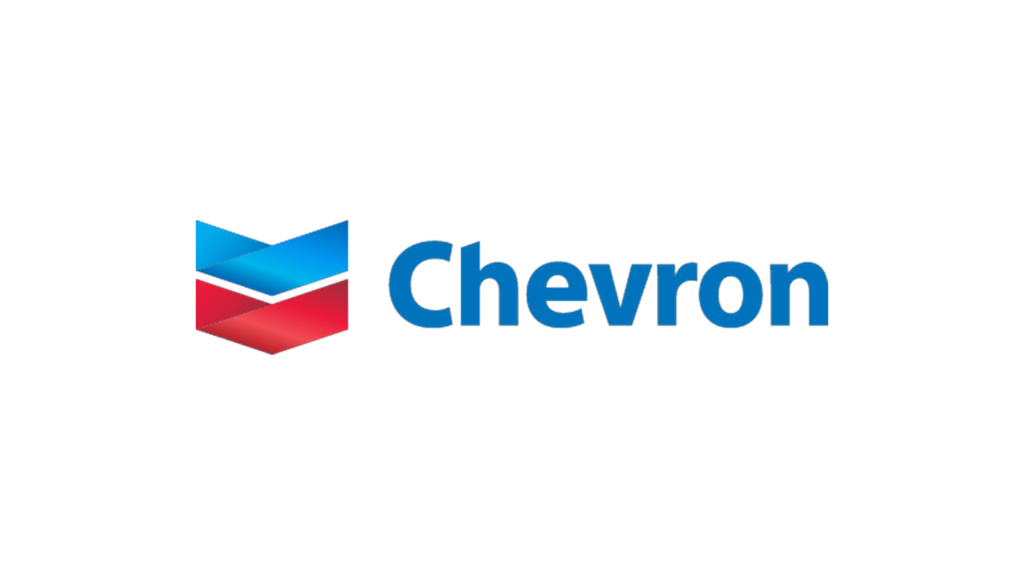
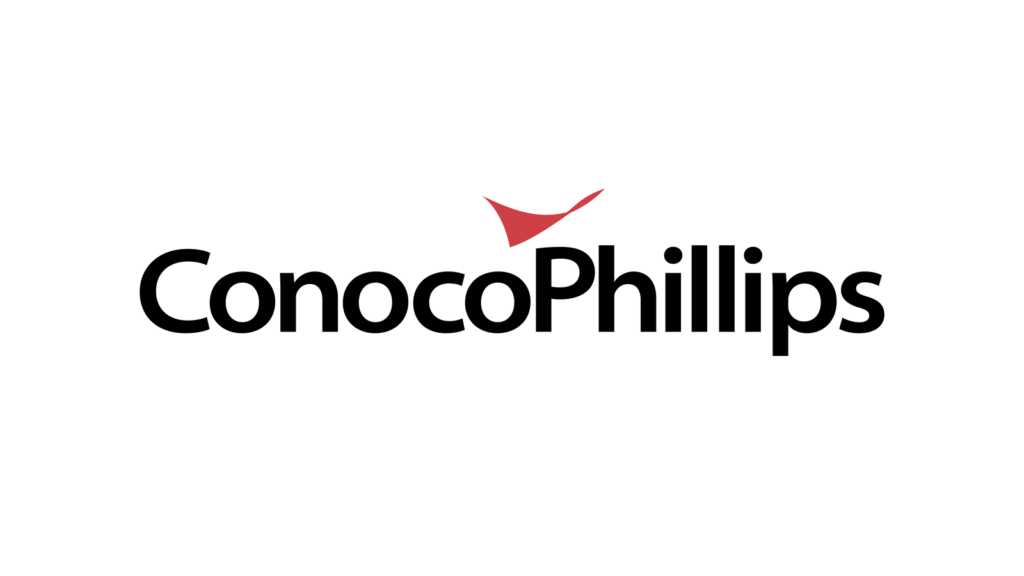
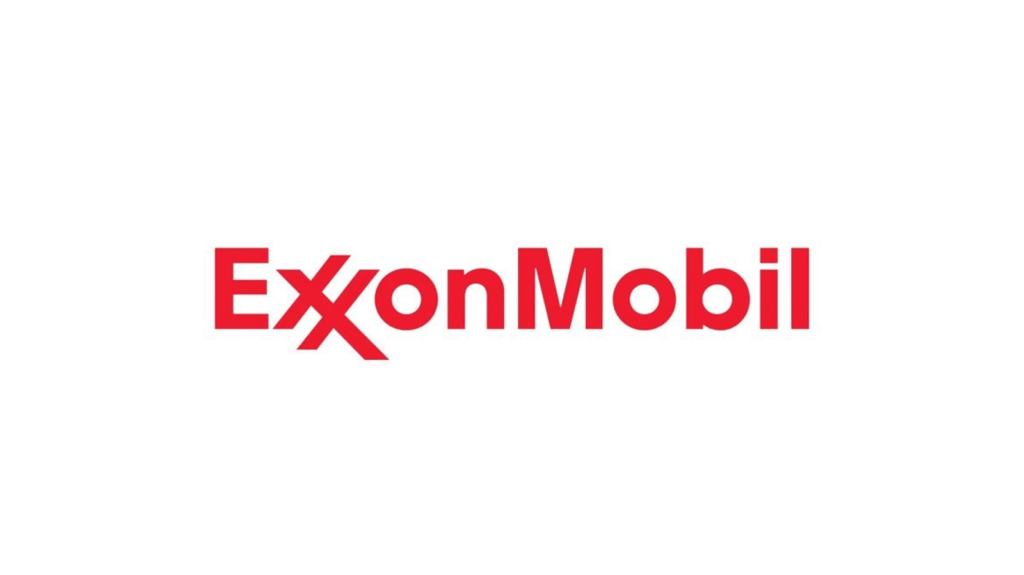
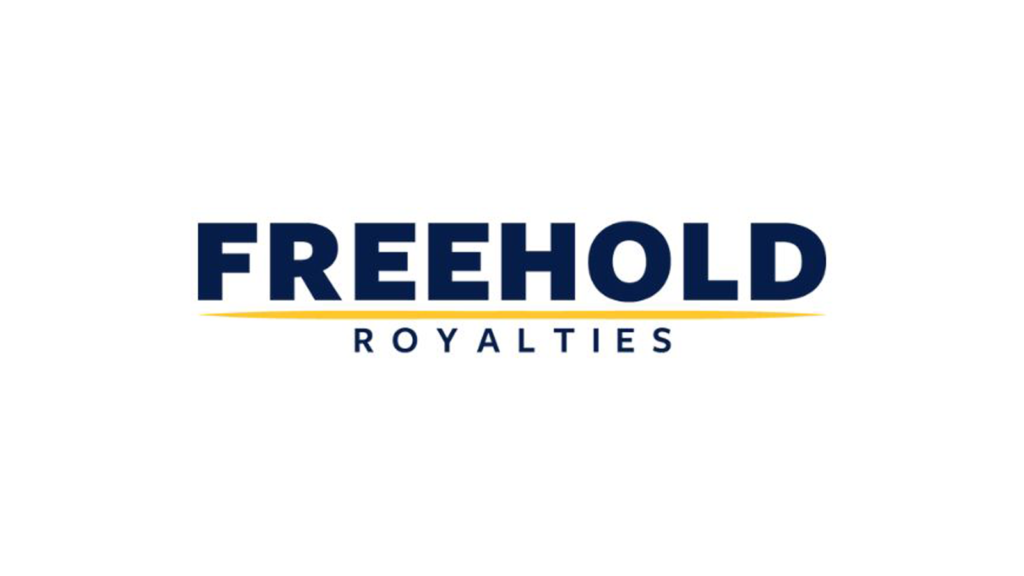
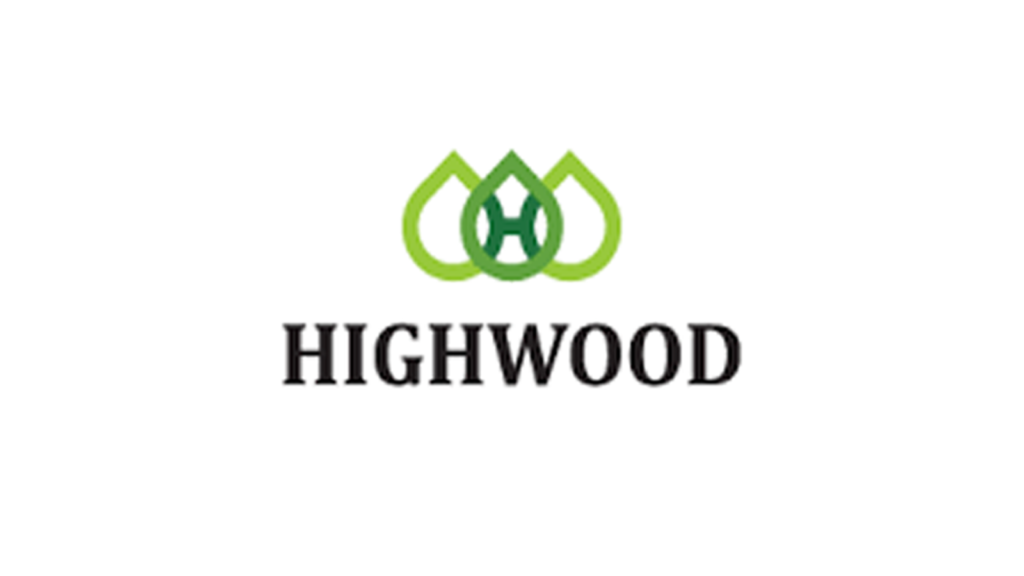
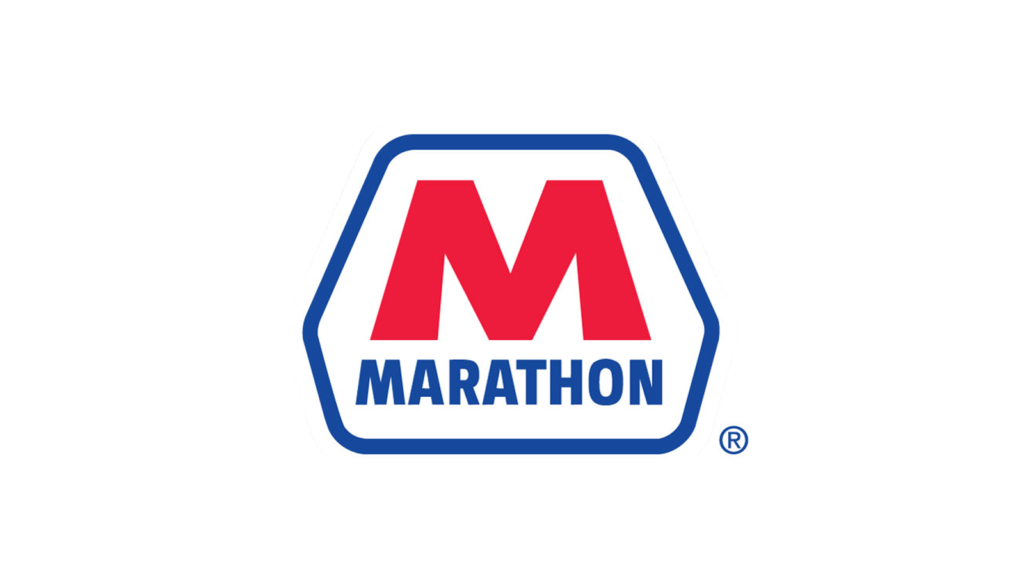
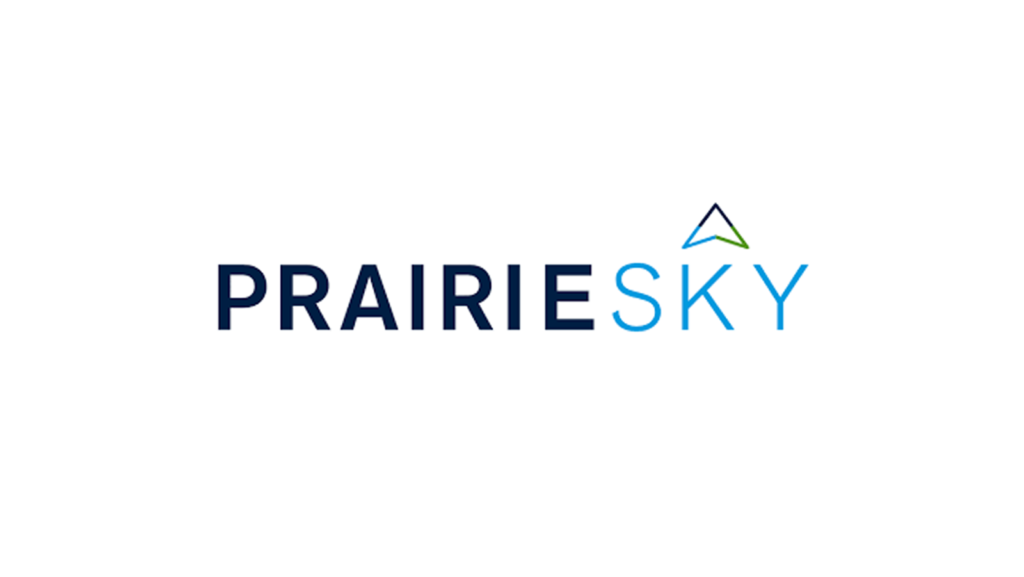
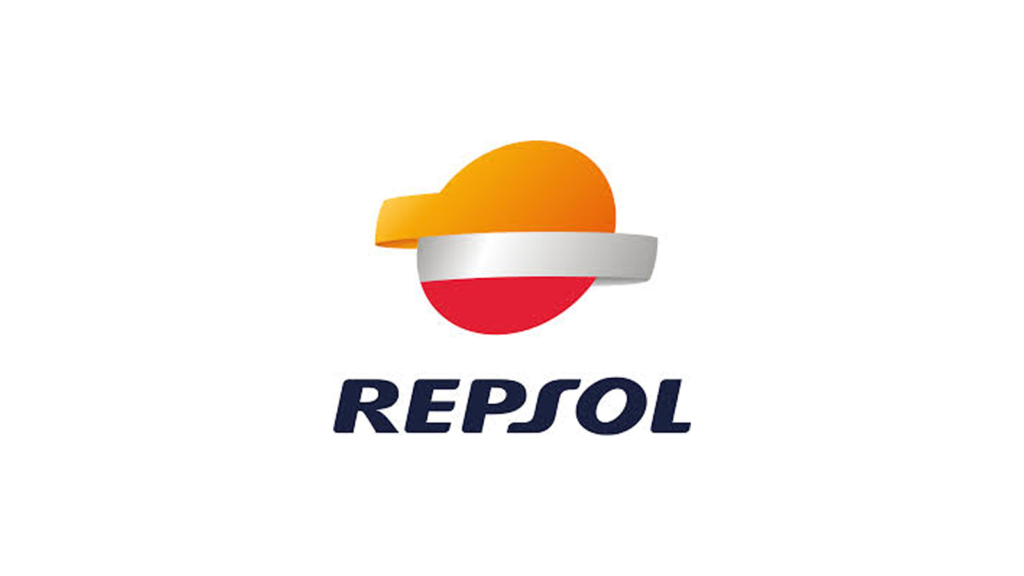
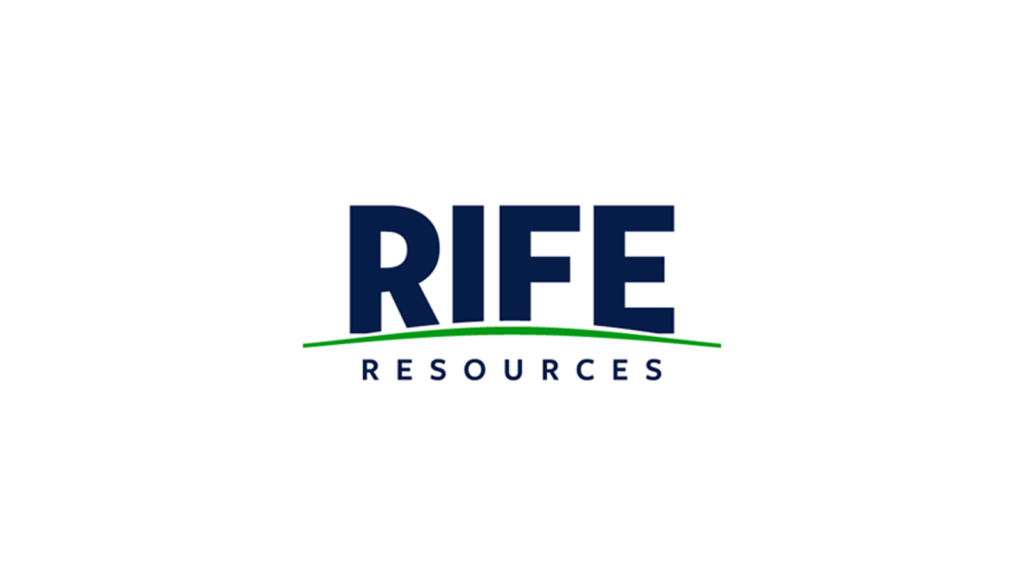
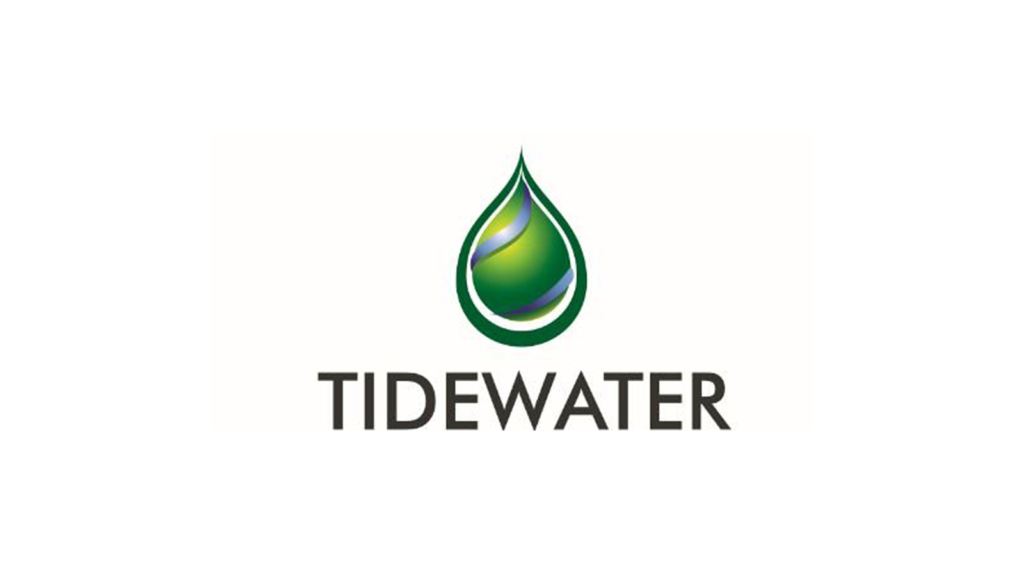
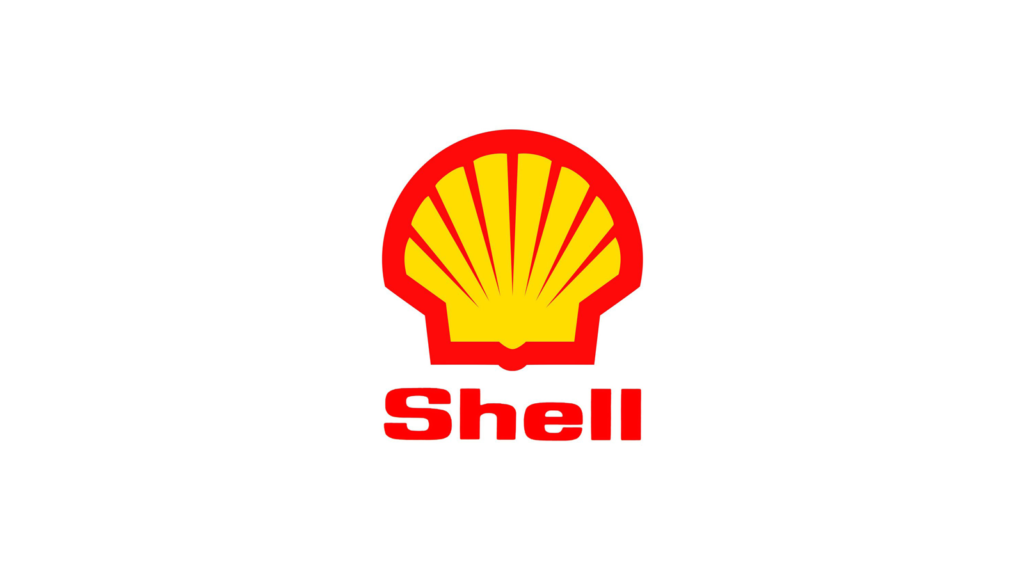
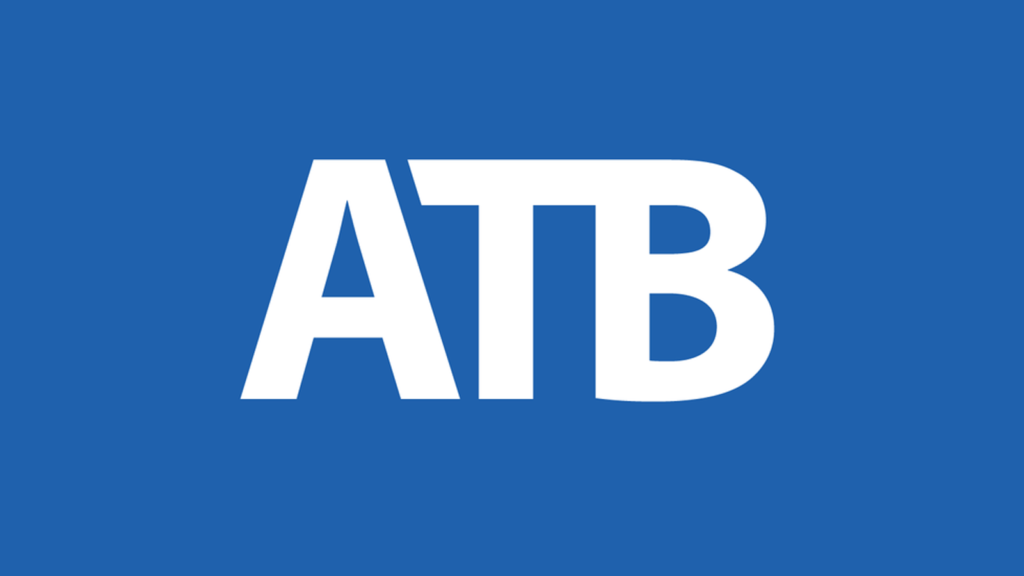
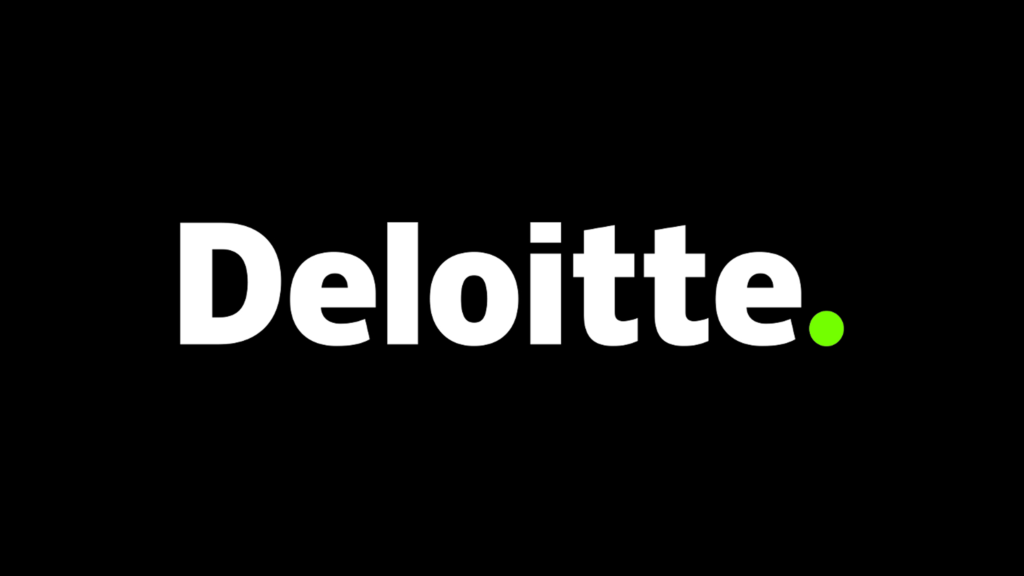





You must be logged in to post a comment.